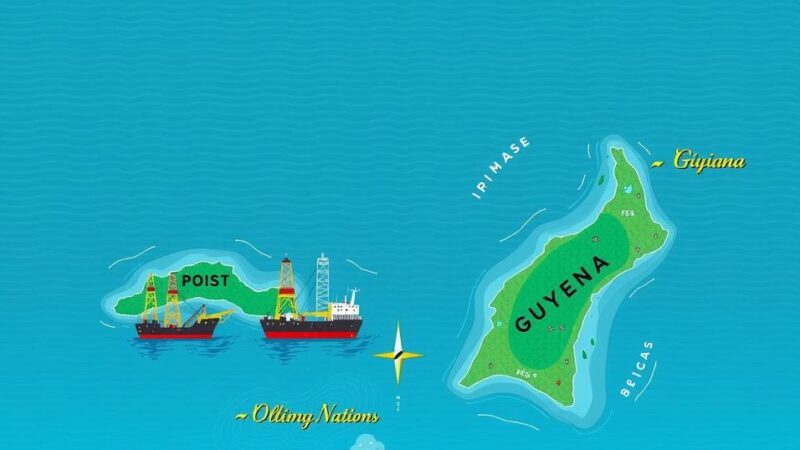The Trump administration has deported nearly 300 alleged members of Venezuela’s Tren de Aragua gang to El Salvador despite a federal lawsuit blocking some deportations. White House officials claim these actions enhance national security, while critics argue that such measures misapply the Alien Enemies Act and unjustly target a group of individuals linked to criminal activities.
The Trump administration announced the arrest and deportation of nearly 300 alleged members of Venezuela’s Tren de Aragua gang to El Salvador, despite a federal court’s temporary injunction against certain deportations. White House Press Secretary Karoline Leavitt noted that this action, ordered by President Trump, aims to ensure the safety of American lives by removing these individuals from the country and sending them to El Salvador for imprisonment.
This transfer is part of a financial agreement between the United States and El Salvador, facilitated by Secretary of State Marco Rubio. El Salvador’s President, Nayib Bukele, confirmed via social media that 238 gang members were relocated to a terrorism confinement center.
On March 15, Mr. Trump invoked powers under the Alien Enemies Act to expedite these deportations, claiming many gang members were unlawfully present in the United States. The specific criteria used to designate these Venezuelans as gang members has not been publicly shared. The announcements coincided with a ruling from US District Judge James Boasberg, who halted certain deportations for 14 days to assess the legality of Trump’s actions in response to a lawsuit from the American Civil Liberties Union (ACLU).
Judge Boasberg mandated that any flights carrying deportees under Trump’s orders must return to the US midair, highlighting judicial pushback against the administration’s aggressive deportation strategy. President Trump argued that Tren de Aragua is responsible for illegal migration and criminal activities affecting American citizens, thus justifying his proclamation to enhance national security during his second term.
The Alien Enemies Act allows the president to remove non-citizen members of hostile nations during wartime, a power seldom utilized throughout US history. Critics assert that this authority should not apply to members of criminal organizations rather than state actors.
Ms. Leavitt defended the operation by describing Tren de Aragua as a particularly violent terrorist group, stating that their actions include serious crimes such as rape and murder on American soil. Conversely, the Venezuelan government criticized the US proclamation, suggesting it unfairly criminalizes Venezuelan migrants and evokes dark historical precedents.
In summary, the Trump administration’s deportation of alleged Tren de Aragua gang members to El Salvador raises significant legal and ethical concerns, especially amidst a federal court’s order halting certain deportations. This action falls under the Alien Enemies Act, highlighting the contentious use of executive powers regarding immigration. The implications of such a strategy on US-Venezuela relations and the treatment of migrants warrant careful scrutiny and debate.
Original Source: www.straitstimes.com






